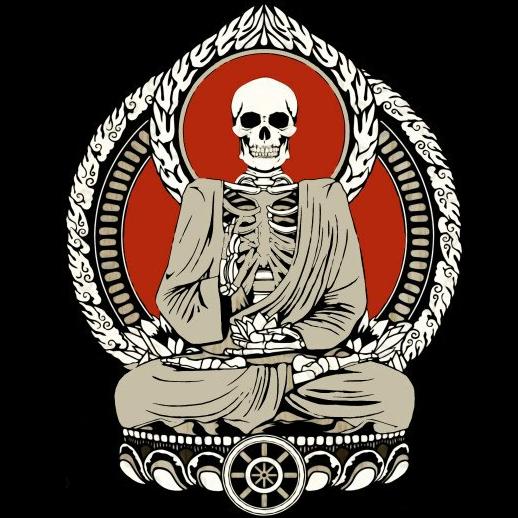Title
I think most Christians just make up whatever they feel ought to be a sin based on the vibe.
Been a Christian for a long time (1989). I’ve consumed copious amounts of ancient mythology and folklore. People who don’t understand that you can read something that challenges your faith and still follow through with better understanding afterwards is the issue. If you read something and it doesn’t make you think deeper about yourself, faith, world, or whatever what’s the point? Those in the church (Christian or not) that tell you that reading something is a “sin” are probably ones that teeter on the edge of losing their grasp as it is and don’t want you doing the same. Most of them can’t explain why it’s so challenging, they just know it’s there.
I deliberately watch atheist videos a lot, lol. Would read dawkins if I cared to read books more.
Plenty of writers in the early Christian church continued to draw heavily on Greek and Roman mythology as a source for literary analogies—so a background knowledge of classical mythology is necessary to fully understand foundational Christian literature.
Mind giving some sources? I’m not arguing or disputing you, I’m just interested so I can learn here.
If you have the time, I heavily recommend Center Place as a great source for Christians and Atheists alike who wish to learn about schoolary views on Christianity.
It’s like a free seminar lecture. Here is one about Plato and Christianity:
https://www.youtube.com/watch?v=VLk6sdjAoAo&t=2006
EDIT: My brain somehow went to Greek phylisophy, not mythology. So the above link doesn’t suit the question at all, my apologies. I’ll let it stand non the less, it’s an intresting topic on it’s own.
A source for the ACTUAL question might be this paper The survival of the Greek gods in early Christianity
That video’s position on the stuff in Sirach is actually pretty good
I don’t see why it would be considering Christianity stole their entire creation mythos from the Sumerians.
Is there any actual evidence that it’s stolen? Or that two geographically close cultures had a story from the same origin.
It wouldn’t really disprove anything if they’re making a truth claim tbh. If anything, it’ll actually prove it further if the story is popping up in other cultures.
Sin is a myth. There is no god to judge you.
Consider the harm your actions and beliefs cause. The rest is bullshit.
Besides to this being completely off topic (OP was asking about what Christians believe, not if sin is real) How could beliefs or actions cause harm if sin is a myth?
Sin is defined is an act in defiance of god. There is no god to defy.
Your question presumes that harm can only come from sin. That presumption is nonsensical in the absence of a god.
How would you define harm if there’s no God?
And this is why religions are so dangerous and terrifying right here.
If you can’t answer that question on your own, you are frightening.
Wouldn’t I be more frightening without a religion? My people used to bash babies against rocks before the Christian missionaries arrived and told them not to.
You, specifically, possibly. I don’t know you and I certainly don’t care who “your people” are. But if you rely on a sky fairy to tell you it’s bad to bludgeon children to death rather than having basic compassion to tell you, signs aren’t good for you. All you’d need is for a charismatic sociopath to tell you the magic cloud genie changed its mind and then it’s all of our brains bashed in. History has proven that.
Your definition of “Basic compassion” stems from Cultural Christianity. It would be different to that of my ancestors.
deleted by creator
No.
Jesus may have quoted Aesop a few times, although those fables’ earliest recording are around a thousand years later.
However, take for example the Ark of the Covenant:

It bears resemblance to Egyptian arks to their gods, like one found in King Tut’s tomb

To the Israelites when asked to construct their Ark, the concept would have been familiar to them, as it’s something the pagans would have done. Big difference is that the pagans put a depiction of the god on theirs, while the Israelites have angels blowing down to Seemingly Nothing - an unseen God. This still would have been drawing from pagan beliefs and traditions.
Or, take for example, the narrative of Abraham sacrificing Isaac in Genesis 22. The followers of Molech would have commonly sacrificed their children to their idols to show upmost devotion to their god- so God tests Abraham to see if he has the same level of devotion to his God.
However, it is worth noting in both of these cases, God makes a point of doing something differently (unseen God on the ark, cancelling the sacrifice, verse 8 “God will provide for himself the lamb” foreshadowing Jesus)
There’s probably many more examples of this. But it shows the Israelites would have been well acquainted with pagan culture instead of shelter, and even God was willing to adapt it.


